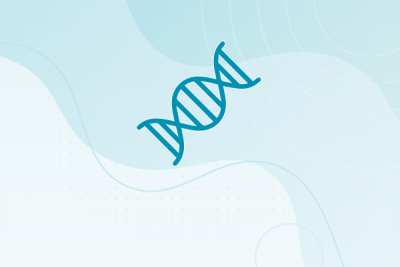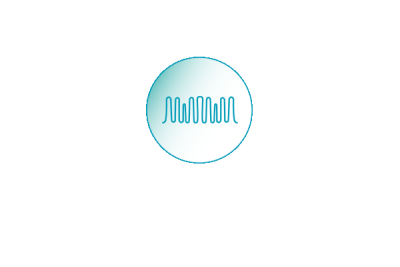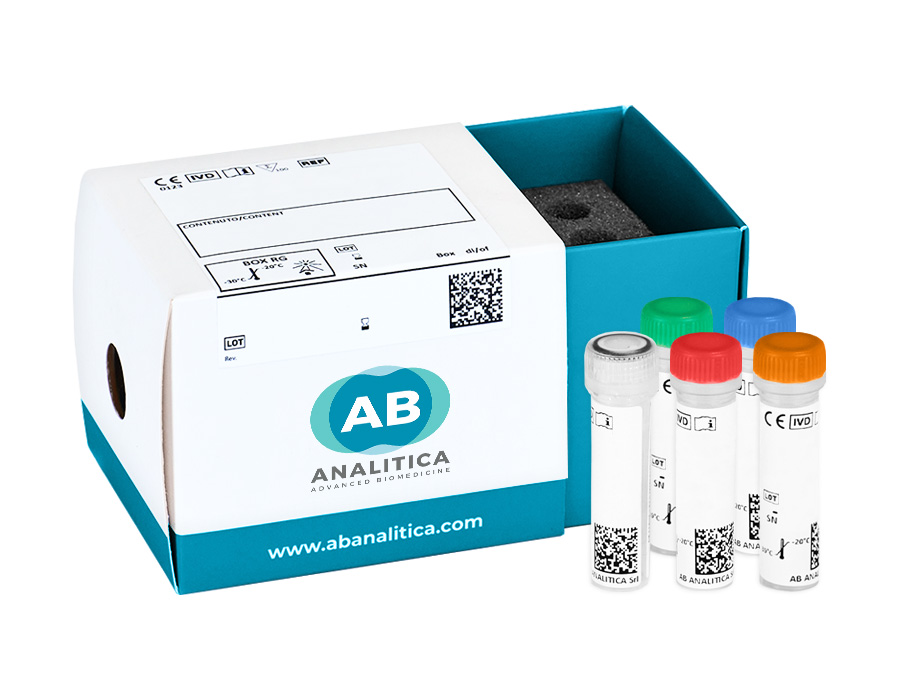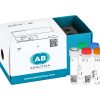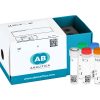Description
The REALQUALITY SCS/EIEC is an IVD for the identification of Salmonella, Campylobacter and/or Shigella/enteroinvasive Escherichia coli (EIEC).
Product Characteristics
- The device is validated on DNA extracted from various samples types
- The assay requires only 5 µL of DNA extracted
- Validated on main Real-Time PCR instruments
- The automatic format of the assay can be used on GENEQUALITY®
- Easy interpretation of results with AB Genius Report software
Kit content
The kit includes:
- Freeze-dried reagents for Real-Time PCR amplification
- Extraction control (freeze-dried)
- Positive control (freeze-dried)
- Negative control
- Rehydration Buffer (solution to reconstitute the freeze-dried products)
- Water RNAse/DNAse free
Further Information
Salmonella spp. is a group of Gram-negative bacteria belonging to the Enterobacteriaceae family, responsible for many non-typhoid foodborne infections and enteric fever (typhoid) in humans.
Salmonella is subdivided into two species: S. bongori and S.enterica.
Acute gastroenteritis caused by Salmonella (commonly called salmonellosis) in humans manifests with diarrhoea, fever, and abdominal pain within 12 to 72 hours of infection. Transmission of Salmonella occurs through contaminated food (poultry, poultry products, beef, pork, eggs, milk and seafood), water or contact with infected animals.
Campylobacter spp. is a group of motile Gram-negative bacteria that belong to the Campylobacteriaceae. The Campylobacter genus includes 22 species, of which C. jejuni is the most commonly isolated from faecal samples, with nearly 90% of reported cases of Campylobacter infections being caused by C. jejuni. Campylobacter infections cause a spectrum of diseases, including acute enteritis, extraintestinal infections (eg. bacteraemia, abscess, meningitis), and postinfectious complications. Symptoms of infection typically begin 2 to 5 days after ingestion of the bacteria and include cramping diarrhoea, sharp abdominal and pain, often with fever, nausea, and vomiting2.
Patients with Campylobacter infections are at increased risk for several post-infectious complications, including Guillain-Barre disease (GBS), reactive arthritis and irritable bowel syndrome.
Shigella spp. are Gram-negative bacteria that belong to the Enterobacteriaceae family, facultatively anaerobic, immobile, oxidase-negative, and non-spore forming. The genetic analysis of the Shigella spp. genus demonstrated that its four species (S. dysenteriae, S. flexneri, S. boydii, and S. sonnei possess biological and physiological characteristics comparable to Escherichia coli.
Species belonging to Shigella spp. and EIEC are responsible for Shigellosis in humans. Shigellosis is an infectious disease, and the typical symptoms are diarrhoea, fever and stomach cramps, which occur one or two days after exposure to the bacterium. Shigellosis is characterized by the destruction of the colonic epithelium caused by the inflammatory response induced by the invasion of the mucosa by bacteria.
Ordering Information
| Code | Product | PKG |
|---|---|---|
| RQ-158-6A | REALQUALITY SCS/EIEC - Automatic format | 96 tests |


